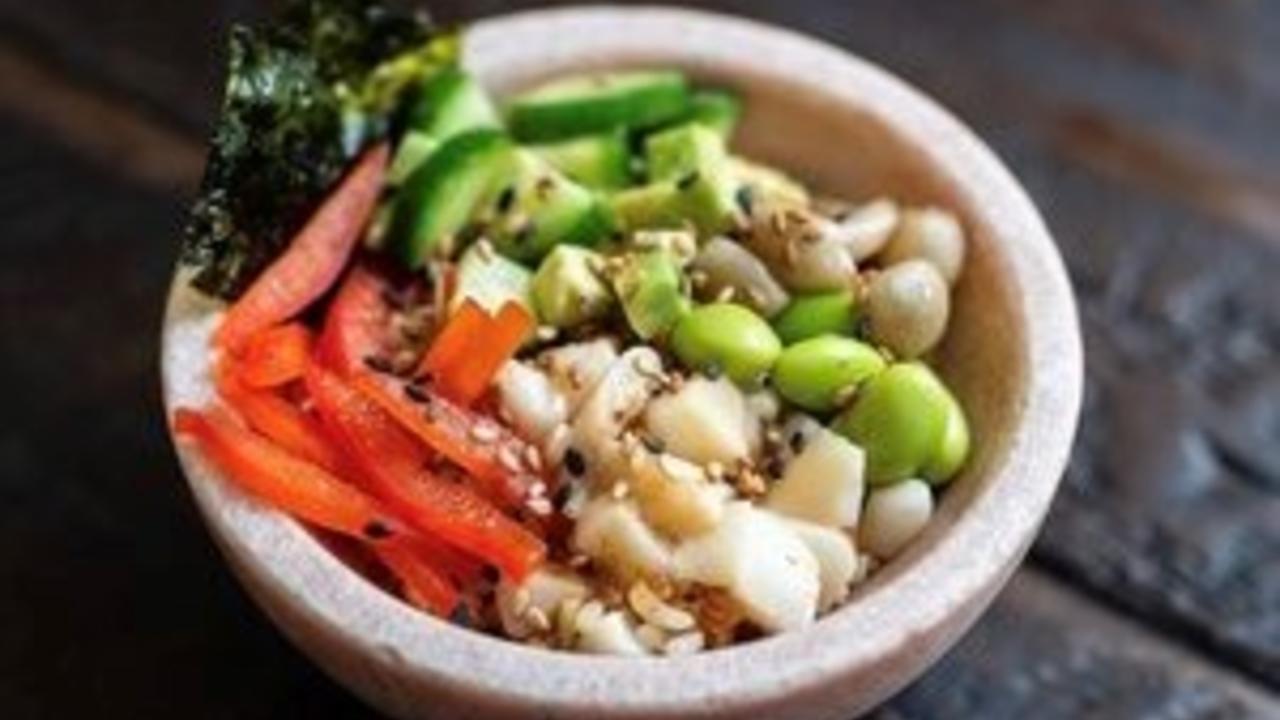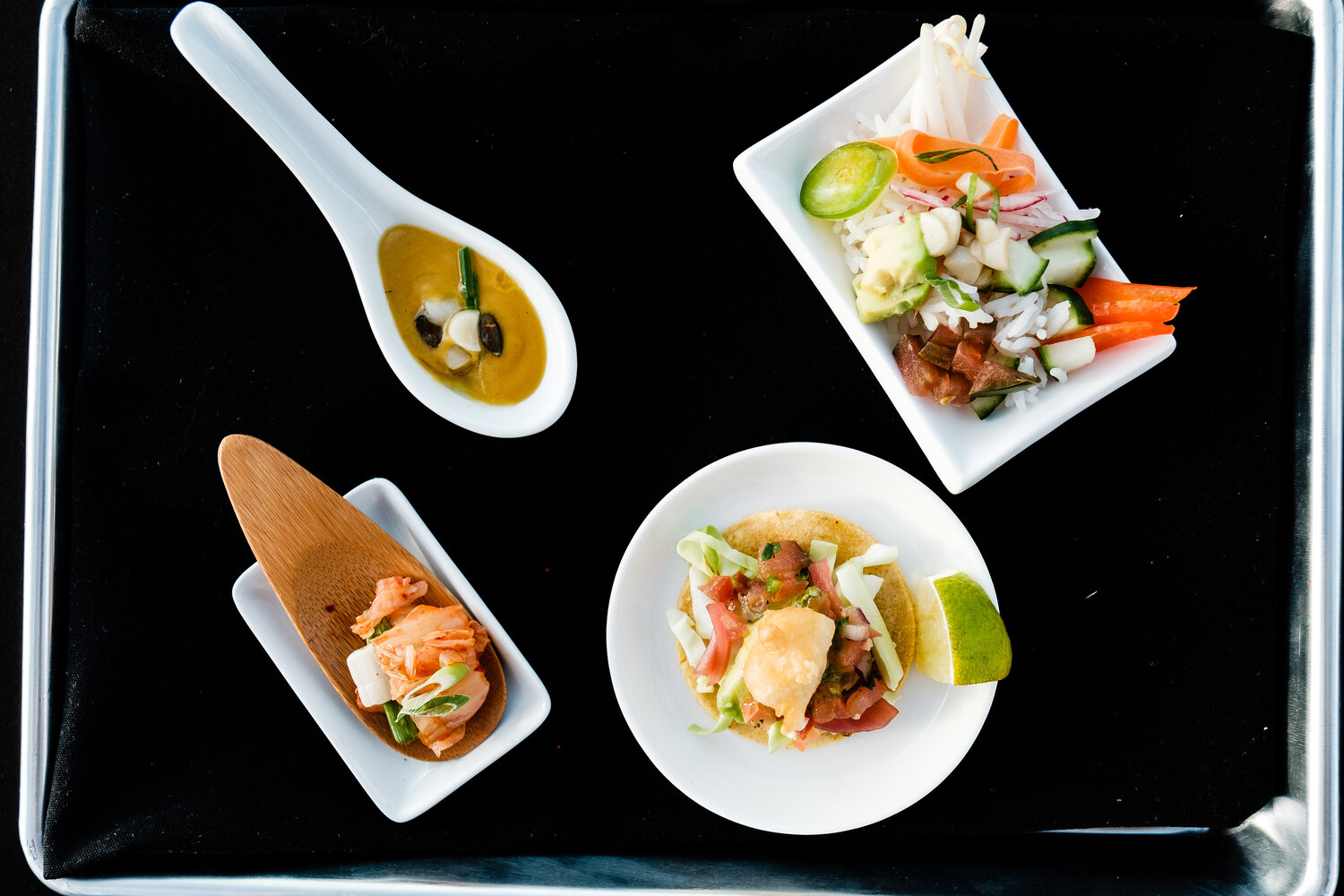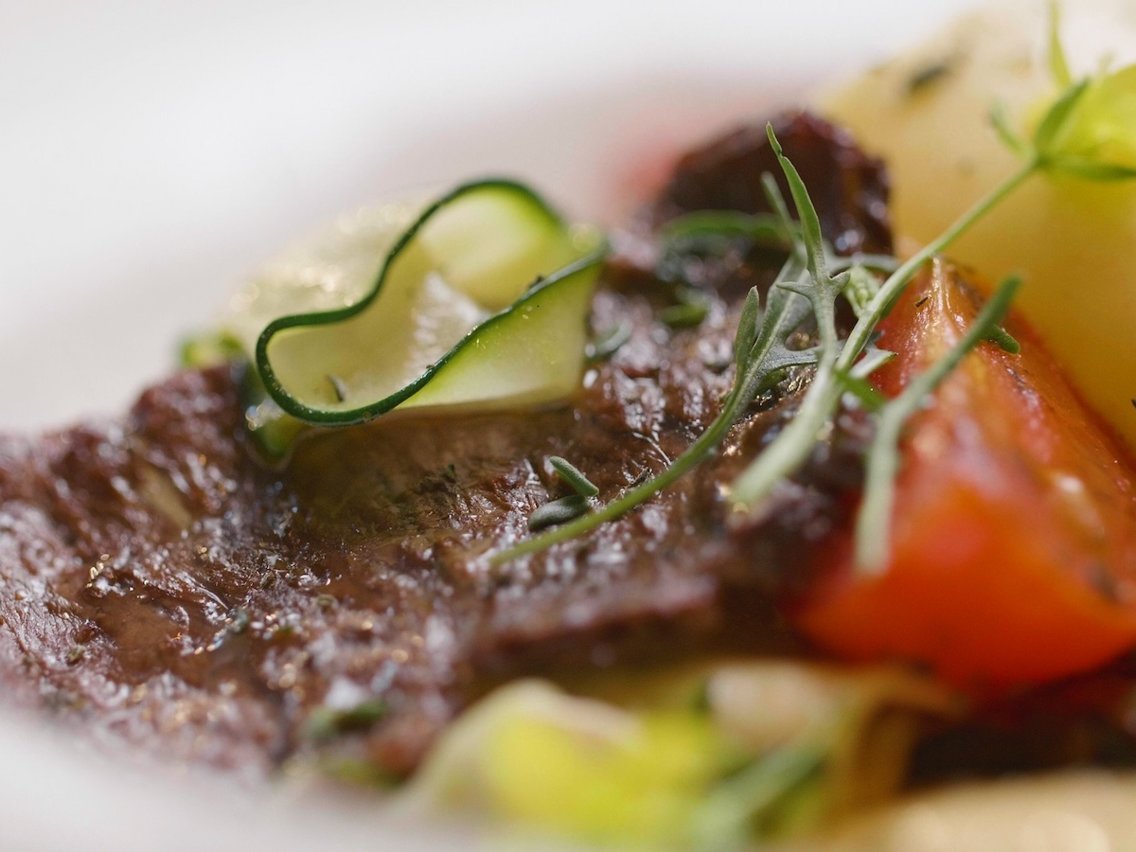February 2020: The Month in Review

Following a strong start to the year in January, February continued cellular agriculture’s momentum into 2020. Cellular agriculture is the field of producing animal products, like meat and milk, directly from cell cultures instead of raising animals for the same products. Compared to conventional livestock agriculture, cellular agriculture provides a more sustainable way to produce animal products to meet the growing demand for animal products. Without requiring animals.
From new investments and partnerships to new startups and organizations, we highlight what happened this February in cellular agriculture
Investment
BlueNalu announced that they raised a massive $20 million in their Series A funding round. Based in San Diego, California, BlueNalu is a company that uses cellular agriculture to develop cell-based seafood. BlueNalu’s Series A funding round was co-led by Stray Dog Capital, CPT Capital, New Crop Capital, and Clear Current Capital. New investors in BlueNalu’s Series A included KBW Ventures. All of BlueNalu’s lead investors had previously invested in BlueNalu’s seed round in August 2018, in which the company raised $4.5 million from over 25 global investors in 11 countries. The funding round brings BlueNalu’s total funding to $24.5 million.
BlueNalu also shared that the company attracted 5 strategic investors in their Series A round, including a previously announced partnership with Nutreco, that offer a wide range of expertise in supply chain, operations, sales, and distribution.

BlueNalu’s funding round is the largest Series A round to date for a cell-based meat company. Memphis Meats, which recently raised an enormous $161 million round, previously raised $17 million for its Series A round in 2017. Interestingly, BlueNalu is only the second cell-based seafood company to announce a Series A round. In October 2019, cell-based seafood company Wild Type announced that the company raised $12.5 million to make cell-based salmon.
BlueNalu plans to use the funding round to expand its team, implement their strategic alliances, and develop a Good Manufacturing Practices pilot production facility in San Diego to prepare for their market launch.
While there is no set date, BlueNalu aims to have a limited release of its first cell-based fish product in mid-to-late 2021 in selected restaurants. While BlueNalu’s showcase dinner in December 2019 consisted of cell-based yellowtail amberjack fish meat, BlueNalu’s first product to market will likely be cell-based mahi mahi fish.
Aleph Farms Launches Gen Z Board and Educational Complex
Cell-based meat company Aleph Farms announced that the Israeli company will open an educational complex to give the public an in-depth view of how their cell-based meat, specifically steak, is made. Aleph Farms also announced the launch of their ‘Z-Board,’ an advisory board of youth from Generation Z to build a relationship with younger communities and consumers.
It’s great to see Aleph Farms launch these important initiatives. One of the biggest challenges cellular agriculture faces is challenging any negative public perception of food that comes from cell cultures instead of from animals. By launching the educational complex and the youth board, Aleph Farms likely aims to address this challenge by being as transparent as possible about their science, manufacturing process, and the positive environmental implications of the cell-based meats.

Good Food Institute Announces Cell Line Development Partnership
The Good Food Institute announced a partnership with Kerafast, an online platform for unique lab-made bioresearch materials, to make cell lines more accessible for cell-based meat research. Under the partnership, terrestrial meat and aquatic cell lines created at research institutions will be available for scientists globally on Kerafast’s online catalog, where scientists can access them without a Material Transfer Agreement. Kerafast will also handle the commercial and shipping logistics as well as return a portion of the proceeds back to the developing research institution.
According to the Good Food Institute, limited access to relevant cell lines is a significant barrier to advancing cell-based meat research. Many research teams have resorted to developing their own cell lines or sourcing them from other labs. Slowing down research in the field.
By making cell lines more accessible, Kerafast and the Good Food Institute’s partnership may help researchers accelerate their research efforts.

Cellular Agriculture Canada Receives Flash Grant
Cellular Agriculture Canada (CAC) announced that the non-profit received a Flash Grant from the Shuttleworth Foundation to support the organization’s work to promote cellular agriculture. Cellular Agriculture Canada is a nationwide interdisciplinary organization with the mission to support and promote the cellular agriculture industry in Canada. And the grant will allow CAC to continue spreading the word about cellular agriculture across the country. CAC was nominated for the grant by Isha Datar, the Executive Director of New Harvest, who is also a Shuttleworth Fellow.
Got Biomilq?
Cell-cultured breast milk, anyone? Based in Durham, North Carolina, BioMilq shared their proof of concept for producing cell-cultured human breast milk. BioMilq confirmed that their samples contained the predominant protein and sugar components found in human breast milk. Founded by Michelle Egger and Leila Strickland, BioMilq aims to give parents and caregivers a choice other than dairy-based infant formula for feeding their children.
Similar to BioMilq, Singapore-based TurtleTree Labs is also looking to use cell cultures to directly produce breast milk by growing mammary gland cells that will produce the same milk directly. TurtleTree Labs initially plans to produce human breast milk before focusing on other mammalian milks, including dairy milk. They plan to showcase their technology in April 2020.

Cellular Agriculture France Launches
What will the future of food look like in France? This month, Cellular Agriculture France (in French, Agriculture Cellulaire France) officially launched its website. Cellular Agriculture France is a new nationwide association with the mission to stimulate the discussion around the cellular agriculture field in France. Considering the country’s renowned food culture, the new organization aims to show France can remain competitive in the food industry by adopting the innovative food technology.

The UK Cellular Agriculture Landscape
In early February, Dr. Neil Stephens and Dr. Marianne Ellis shared their latest publication, “Cellular agriculture in the UK: a review”. The authors summarized the state of the field in the UK by taking a look at all the different players in the country, from companies and private investors to university researchers.
It’s interesting to see how the UK company landscape differs from the US one. Compared to the US, there are more startups in the UK looking to address challenges in scaling the production of cell-based meats than there are startups focused on producing the meat.
The only startup working to specifically produce cell-based meat in the UK is Higher Steaks. Based in Bristol, Higher Steaks is working to produce cell-based pork meat. The rest of the startups in the UK focus on the technological challenges in the production process, from cell culture media formulation to bioreactor development. Companies and groups working on these challenges include Cellular Agriculture Ltd, CellulaRevolution, Multus Media, and Biomimetic Solutions.
Conclusion

Through new investments and collaborations, a major theme that stood out this February was collaborations and partnerships to move the field forward. Along with the significant investment investment, BlueNalu’s announcement of strategic partnerships, including with Nutreco, shows their intention to work with other companies to advance their work and, ultimately, the field. As companies look to scale production, it will be important for all cellular agriculture companies to find partners to help develop a proper supply chain. Companies from the UK cellular agriculture landscape may play important roles in addressing these challenges.
In addition, it’s promising to see non-profits form partnerships to further advance the field, such as Good Food Institute’s partnership with Kerafast to accelerate research into cell-based meat and seafood. Cell line development has been one of the major hurdles in scaling cell-based meat. By expanding access to cell lines, the partnership may help researchers find optimal cell lines for developing various cell-based meats. Once stable cell lines are developed and become widely available for the animals of interest, the field can focus on the next steps to scale production.
It’s also great to see New Harvest’s Executive Director Isha Datar nominate Cellular Agriculture Canada for the Shuttleworth Flash Grant to help start their work promoting the field across Canada. As the field continues to expand globally, it’s incredible to see leaders in the field support new players get started. For the future of food.
Stay connected with CellAgri
Join our mailing list to receive the latest news and updates weekly from the cellular agriculture industry. Your information will not be shared.



